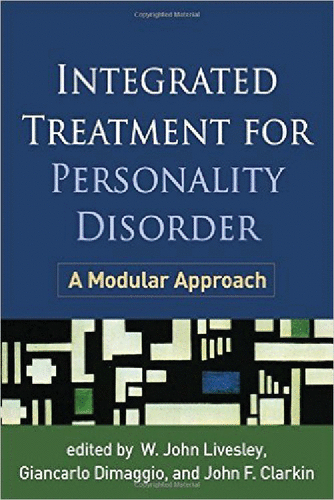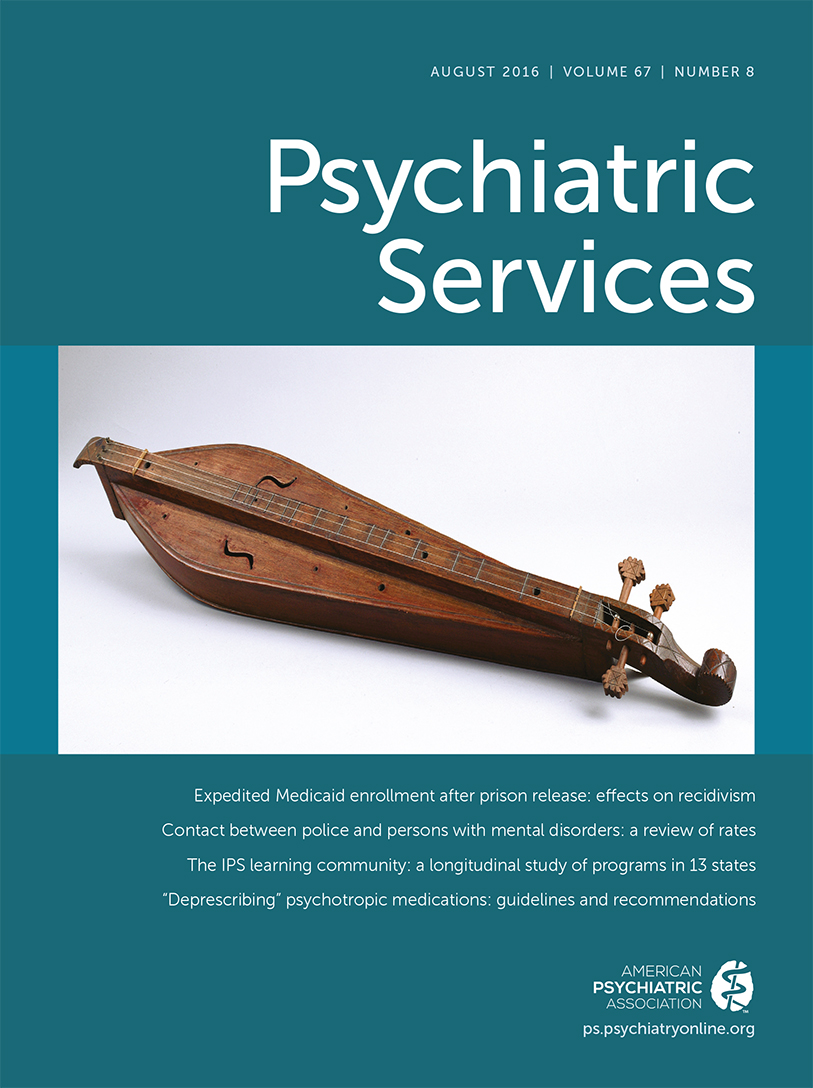Integrated Treatment for Personality Disorder: A Modular Approach

Two decades ago, personality disorders were considered treatment refractory, resulting in therapeutic nihilism. Gradually, clinical thinking has emerged to suggest that treatment of personality disorders can have outcomes similar to those with other mental disorders. Garnering empirical support, several interventions have given rise to evidence-based practices. However, no one protocol has necessarily demonstrated superior effectiveness. In much of the clinical world the prevailing course is to follow treatment based on a specialized model, taking care to avoid treatment drift. The editors of this cogent, pragmatic, eclectic volume disagree with that approach. They posit, instead, a transtheoretical approach combining principles and methods from “all effective therapies to establish a treatment model that is sufficiently comprehensive and flexible to accommodate the diverse pathology and protean forms that personality takes.” Thus this book advocates for an evidence-based alternative—integrated modular treatment—to any single-treatment model. These stand-alone chapters come from clinical experts of diverse theoretical schools. Taken together, the chapters do not aim to provide a comprehensive account of all possible interventions or to address all aspects of personality disorder. Instead, they show how a unified approach might look in a treatment plan to help providers deliver eclectic treatments in a coherent, coordinated manner.
Part 1 provides the conceptual framework and treatment principles of integrated treatment. Part 2 provides the rationale of assessment, treatment planning, and contracting, including the establishment of a therapeutic alliance. Part 3 discusses general change principles and mechanisms embodied in such protocols as a relational approach, mentalization-based therapy for borderline personality disorder, and a metacognitive and self-narrative approach. Part 4 discusses symptoms and emotional dysregulation, including suicidality, pharmacological interventions, emotional schema treatment, and mindfulness. Part 5, focusing on interpersonal and self-functioning, discusses integrative interpersonal theory, overcontrolled personality disorders, violence, and psychopathy. Part 6 consists of a case study and a recapitulation of integrated modular treatment, reviewing the four domains of dysfunction—symptoms, regulation and modulation, interpersonal, and self and identity—common to all forms of personality disorders.
The book is broad ranging, lucid, and helpful. Certain chapters are more cogent than others, and, as might be expected, there are differences in how the contributors communicate their theories, beliefs, and recommendations, with some giving case examples and others drawing on neuroscience research. Newer clinicians may find the chapters on formulation and assessment to be foundational and grounding. Practitioners using specific kinds of treatments, such as mindfulness, will find information on how this can be adapted for treating personality disorders. The content on treatment of emotional dysregulation appears particularly compelling. Compiled by three distinguished researchers and practitioners and containing contributions by leaders in their respective schools of thought, this volume is a repository of valuable ideas for all mental health professionals.



